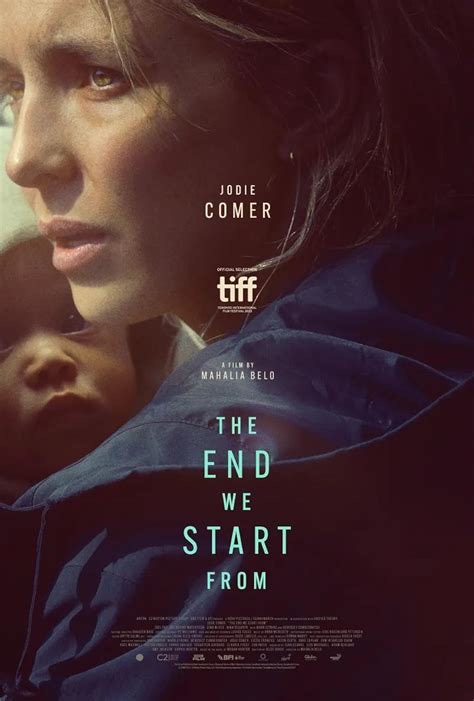**Letter to the Editor of Nature: Enhancing Character Depth in “The End We Start From”**
Dear Editor,
I am writing to propose a novel clinical application for the film “The End We Start From,” directed by Mahalia Belo. While the film excels in many areas, there is room for improvement in character development, particularly at the beginning of the story. Addressing these aspects could greatly enhance the emotional impact and audience connection.
Firstly, “The End We Start From” excels in visual storytelling. The cinematography beautifully captures the harrowing transformation of London submerged by floodwaters. The juxtaposition of the city’s familiar landmarks with the encroaching devastation creates a powerful visual metaphor for the fragility of human civilization. The imagery vividly illustrates the destructive power of water, which transforms from a life-sustaining resource into an unstoppable force of nature that brings ruin and chaos.
Additionally, the film’s sound effects—dominated by the relentless patter of rain and the harsh clatter of hail—further immerse the audience in this apocalyptic environment, enhancing the sensory experience. The auditory cues serve as constant reminders of water’s omnipresent threat, heightening the tension and underscoring its dual nature as both a giver and taker of life.
The film also deftly explores the dual nature of water, portraying it as both a life-sustaining force and a harbinger of death. This thematic depth adds layers to the narrative, compelling viewers to reflect on the essential yet potentially destructive elements of our natural world.
Moreover, the portrayal of the female friend, O, stands out for its depth and nuance. Her resilience and pragmatic approach to survival contrast sharply with the protagonist’s more emotionally driven journey, providing a broader spectrum of human responses to crisis.
However, “The End We Start From” falls short in character development. The late introduction of key characters hampers the audience’s ability to form emotional attachments. This is particularly evident during the first act, where establishing the characters’ backgrounds and motivations would have greatly enhanced their relatability and depth.
To remedy this, I suggest that the writers should focus on developing a richer backstory at the beginning of the film. Specifically, they should depict the protagonist’s experiences of personal loss early on. For instance, showing how the protagonist supported her partner when his parents died, and how she dealt with her own parents’ deaths, would create a stronger emotional foundation. This initial development would allow the audience to connect with the characters on a deeper level and feel the weight of their losses more acutely in later acts.
This approach would not only enhance the narrative structure but also ensure that the audience is more emotionally invested from the start. By understanding the characters’ past struggles and relationships, viewers would be better equipped to empathize with their current and future challenges, thereby heightening the overall impact of the story.
**Proposal:**
Given these strengths and weaknesses, I propose using this film as a clinical test to identify psychopathic traits. Normal viewers are likely to passively absorb the narrative without a heightened emotional response, while individuals with psychopathic tendencies may display a more pronounced reaction. This hypothesis stems from the idea that psychopaths often exhibit a superficial charm and a lack of genuine empathy, making them more likely to react to scenarios that involve manipulation, survival, and emotional detachment.
In conclusion, “The End We Start From” is a visually and thematically rich film that, despite its shortcomings in character attachment, offers a profound exploration of human resilience and the duality of nature. Its potential application in clinical settings as a test for psychopathy warrants further investigation and could provide valuable insights into this complex personality disorder.
Sincerely,
Fellas
Editorial Directors
fellas.media
4/10

